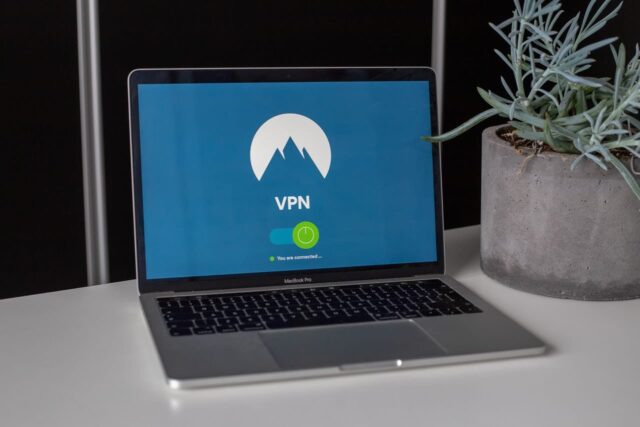VPN (or Virtual Private Network) might be one of the most popular words on the internet right now, but it has a rich, old history. If you are not familiar, VPN is a virtual tool that allows people to access public information privately without giving away their own information, such as location, personal data, etc.
The VPN’s history dates back to 1996 when a Microsoft employee came up with a Peer-to-Peer protocol to send and receive information in an encrypted way. In 1999, the idea was made public. Over time, it turned into one of the most used technologies known as Virtual Private Network.
The concept of VPN has changed drastically, but it all started when big companies started adopting VPN to secure their data.
Virtual Private Network: The Evolution
At first, VPN was just a luxury enjoyed by large corporations. Big companies used VPN to only complete their organizational goals; it wasn’t available to average users. Companies claimed that they needed a private and secure method to communicate and share information between their offices and departments.
The inside-information of the companies could be sensitive, so they used a VPN to transfer it here and there. Even the employees were only able to access the important company files remotely, without any risk of unauthorized use or leakage of data.
However, the VPN didn’t stay as an exclusive tool for too long. The general public finally realized that what VPN offers can stand to benefit them equally. Soon after, third-party VPN providers entered the market, and it became a technology so abundant that everyone could easily have it on their smartphones.
Tycoons of VPN Market: How to Choose?
To this day, there are millions of third-party VPN providers. However, two providers currently lead the market, and these are ExpressVPN and NordVPN.
These two brands currently dominate the VPN consumer market. The reason is simple: ExpressVPN and NordVPN provide a wide range of accessibility at minimum costs and come with optimal security.
If we consider how ExpressVPN and NordVPN compare to each other, we will find it hard to choose one. With great speed, reliable protection, and time-to-time discounts, both stand equally in the market.
Virtual Private Network in Upcoming Years
Since VPN technology is drastically upgrading from time to time, it has become a necessary part of life. And this is not an exaggeration. VPN market reports show that there has been a high rise in the use of Virtual Private Network in the past year. One reason behind this is WFH (Work from Home) business models due to the global pandemic.
A technology that is playing a vital part in allowing business owners and employees to work from home without problems in accessibility is VPN. The following years are predicted to be very crucial for VPN technology. In the coming years, VPN technologies will evolve into something that could break the barriers of inaccessibility and become easy to use for users and network administrators.
(Syndicated press content is neither written, edited or endorsed by ED Times)
Read more:
In Pics: You’ve Probably Been Misquoting These Iconic Movie Dialogues


































